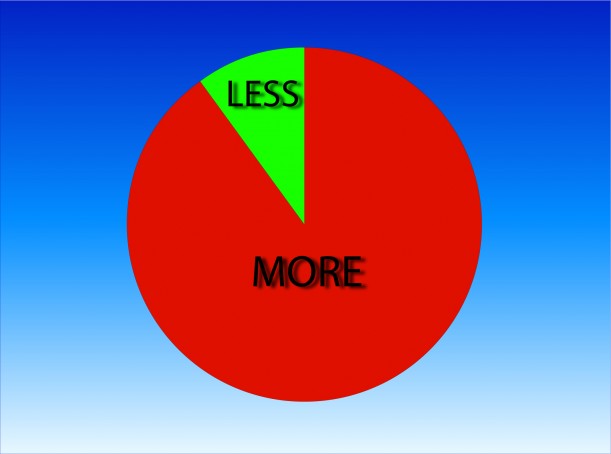Giving Effective Feedback
You hear it over and over again – you need to provide feedback on a regular basis in order to get results. This makes sense to you and you agree. However, you have questions, do any of these sound familiar:
- If I do it everyday – doesn’t it become phony?
- Won’t it loose it’s effectiveness after a while?
- I’m not the touchy-feely type, how can I do this?
- Positive feedback is easy, how do you deliver constructive feedback?
It may take some practice but once you start, giving the right feedback everyday it will be natural, effective, and constructive. Notice I didn’t say touchy-feely – mostly because it is not my style but secondly it doesn’t have to be. Feedback doesn’t need to be touchy-feely, it needs to be effective.
So, now you are left with the biggest question of all – how?
Pay attention. Sounds simple right. However it can be the most difficult because we get caught up in what we are doing. We may not always realize it – you will need to be more observant. Pay closer attention as to how your employees are dealing with your clients, vendors, co-workers and you. Only by seeing what people are doing on an on-going basis can you determine which behaviors should receive feedback.
Praise publicly. This may sound obvious but when someone does something right, for example – dealing with a customer complaint, getting vendor to provide a discount, assist another employee or any other behavior you want to see more of – speak up. In front of their peers, in a meeting or just standing by their desk say “thank you for …x…” – if you aren’t sure what results you will get, just try it and see.
Private constructive feedback. No one wants to be belittled, talked down to or criticized in front of others (you included) so don’t do it. When you need to provide constructive feedback, do it in private and one-on-one. The person may be embarrassed enough as it is, they don’t need public humiliation on top of it.
Focus on behavior not person. Regardless if you are providing positive or constructive feedback – focus on the behavior. The reason being is that you are either reinforcing a behavior you want repeated or eliminating a behavior. You are not telling the person they are great or a mistake, it was the behavior. For example: I appreciate how you took the time to listen to ABC client and resolve the issue to their satisfaction. I understand you don’t like working with Mary, however on this project it is important that the two of you find a way to communicate – withholding timeline information from her is not in the best interest of the project, don’t do it again.
Be specific. As you can see from the examples above they are very specific. Don’t say “thank you for taking care of the client”, for one it sounds like you don’t know what they did and two how does the person know who you are talking about. If they are in customer service or sales – they speak to many clients every day. The same hold true for constructive feedback, the person needs to understand exactly what they did that was not proper.
As you can see, with a little practice you will be able to find a way to give feedback everyday, consistently and effectively.
Contact us to coach you on becoming a “great people leader”.






